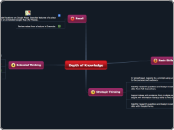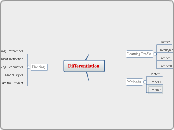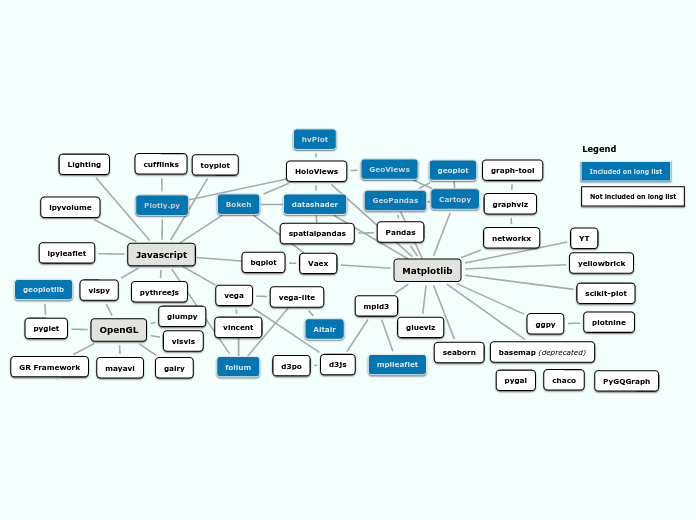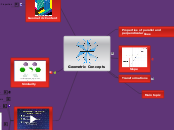par Ella Sadler Il y a 5 années
164
Research Methods - Lecture (By Ella Sadler)
Research methods encompass a variety of techniques and considerations for conducting studies effectively. The formulation of hypotheses, both null and alternative, is fundamental in predicting relationships or differences among variables.









